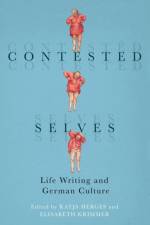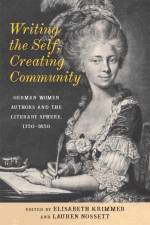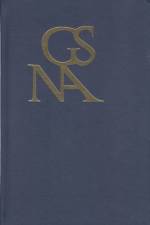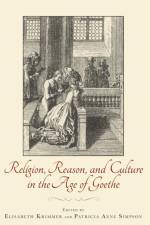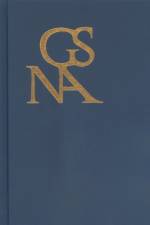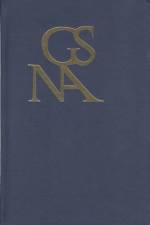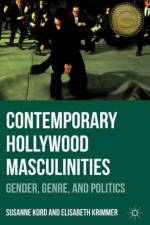av Elisabeth Krimmer
2 127
A collection of essays achieving a deeper understanding of the historical roots and theoretical assumptions that inform the realities and fantasies of German female leadership.The Western tradition of excluding women from leadership and disparaging their ability to lead has persisted for centuries, not least in Germany. Even today, resistance to women holding power is embedded in literary, cultural, andhistorical values that presume a fundamental opposition between the adjective "e;female"e; and the substantive "e;leader."e; Women who do achieve positions of leadership are faced with a panoply of prejudicial misconceptions: either considered incapable of leadership (conceived of as alpha-male behavior), or pigeonholed as suited only to particular forms of leadership (nurturing, cooperative, egalitarian, communicative, etc.). Focusing on the German-speakingcountries, this volume works to dismantle the prevailing disassociation of women and leadership across a range of disciplines. Contributions discuss literary works involving women's political authority and cultivation of community from Maria Antonia of Saxony to Elfriede Jelinek; women's social activism, as embodied by figures from Hedwig Dohm to Rosa Luxemburg; women in political film, environmentalism, neoliberalism, and the media from Leni Riefenstahlto Petra Kelly to Maren Ade; and political leaders Hillary Clinton and Angela Merkel. Contributors: Dorothee Beck, Seth Berk, Friederike Bruhofener, Margaretmary Daley, Aude Defurne, Helga Druxes, Sarah Vandegrift Eldridge, Anke Gilleir, Rachel J. Halverson, Peter Hudis, Elisabeth Krimmer, Stephen Milder, Joyce Marie Mushaben, Lauren Nossett, Patricia Anne Simpson, Almut Spalding, Inge Stephan, Lisa Fetheringill Zwicker. Elisabeth Krimmer is Professor of German at the University of California, Davis. Patricia Anne Simpson is Professor of German at the University of Nebraska-Lincoln.


